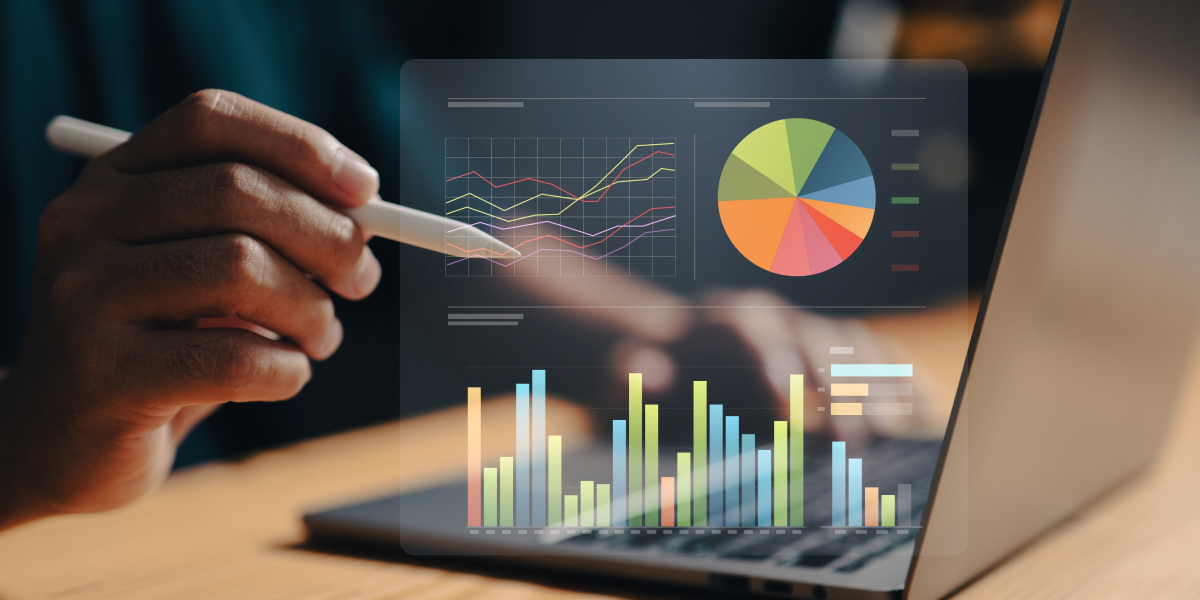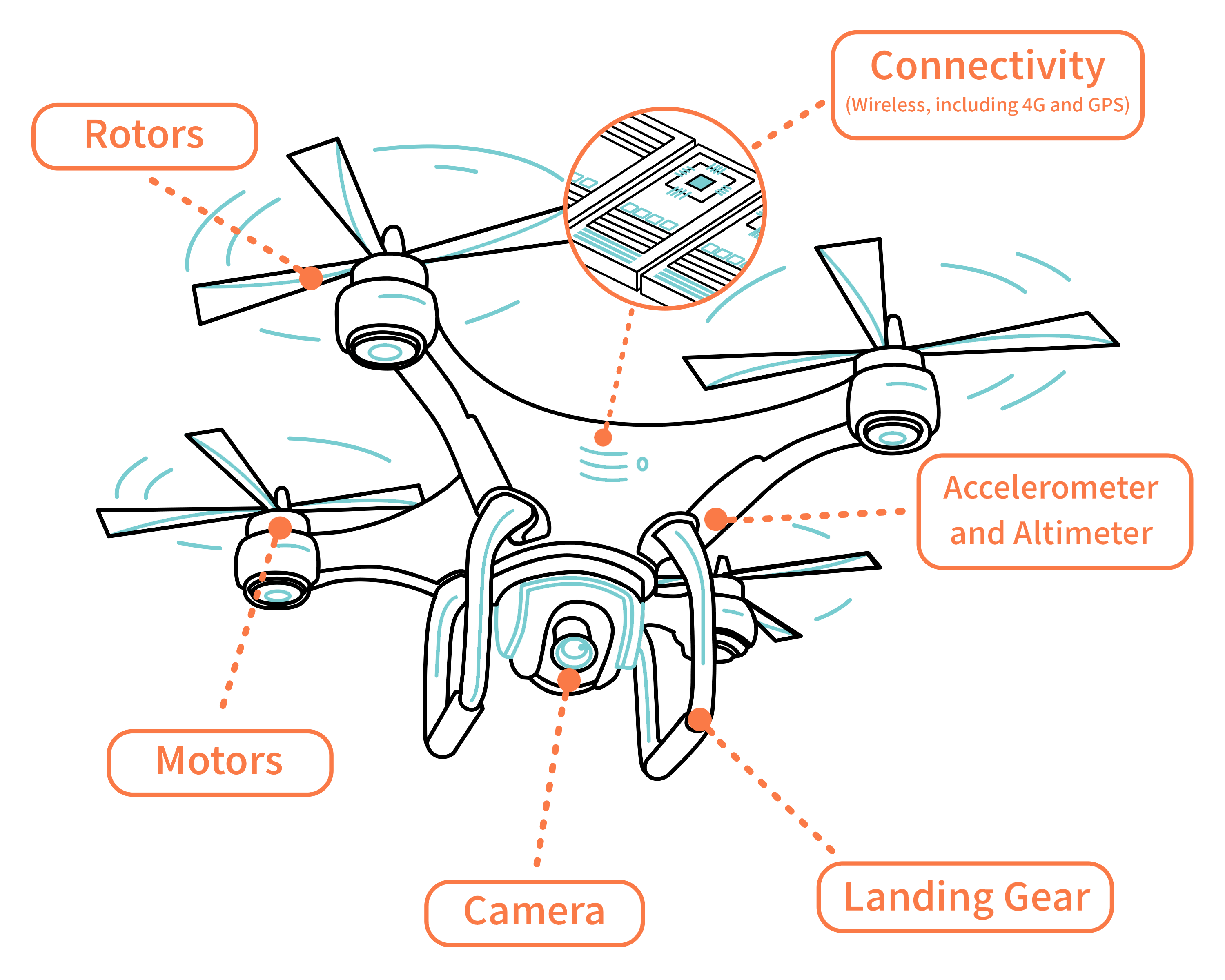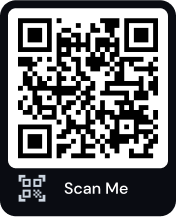
Data Science & Analytics — Theory, Tools, and Applications

Dial Chowdhury
14 October 2025 . 7 Minute Read
Introduction
In today’s digital world, data is the new currency. Every day, businesses, governments, and organizations generate huge amounts of information. Data Science and Analytics help us make sense of this data to make smarter decisions. Simply put, Data Science is the process of collecting, analyzing, and interpreting data to extract useful insights, while Analytics examines this data to support effective decision-making.
For students in Bangladesh, learning Data Science is increasingly valuable. From predicting traffic patterns in Dhaka to optimizing mobile financial services like bKash, data-driven decisions are shaping national progress. Imagine a local startup planning which products will sell best during Eid or Pohela Boishakh. Data Science enables them to analyze sales history, customer behavior, and market trends to make accurate predictions, boosting profits and ensuring customer satisfaction.
Theoretical Framework
Data Science merges statistics, computer science, and domain knowledge to transform raw data into actionable insights. The key theoretical concepts include:
1. Data Collection and Cleaning
Raw data often contains errors, missing values, or inconsistencies. Cleaning ensures accuracy and reliability. In Bangladesh, institutions like the Bangladesh Bureau of Statistics (BBS) collect data on population, employment, and education. Proper cleaning is essential to prevent misleading results.
2. Exploratory Data Analysis (EDA)
EDA helps identify patterns, trends, and anomalies. Techniques include:
Visualizations: Charts, histograms, and heatmaps make complex data easier to understand.
Summary Statistics: Mean, median, mode, and standard deviation highlight key data points.
3. Statistical Analysis
Statistics help uncover relationships in data. Core methods include:
Correlation & Regression: Understanding relationships between variables.
Hypothesis Testing: Determining the likelihood of data-driven assumptions being true.
Example: A Bangladeshi e-commerce company might use regression to predict monthly sales based on advertising expenses.
4. Machine Learning & Predictive Modeling
Machine Learning (ML) allows computers to learn patterns from data and make predictions:
Supervised Learning: Uses labeled data to predict outcomes.
Example: Predicting customer churn in mobile banking.
Unsupervised Learning: Detects patterns in unlabeled data.
Example: Segmenting students based on learning behavior.
5. Big Data Principles
Large datasets require specialized tools. Frameworks like Hadoop and Spark allow analysis of massive data. Telecom companies in Bangladesh utilize big data to optimize network traffic during festive seasons.
Experts like DJ Patil, former US Chief Data Scientist, highlight that Data Science is not just coding—it’s about asking the right questions and solving real-world problems using data.
Tools and Methods
Students and professionals use several tools to work with data effectively:
Programming Languages:
Python: Popular for simplicity and libraries like Pandas, NumPy, Scikit-learn.
R: Effective for statistical analysis and visualization.
Data Visualization Tools:
Tableau: Converts datasets into interactive dashboards.
Power BI: Business analytics for reporting and insights.
Databases & Big Data Tools:
SQL: Querying structured data.
Hadoop & Spark: Large-scale data processing.
Analytics Platforms:
Google Analytics: Tracks website traffic and user behavior.
RapidMiner: Simplifies ML workflows.
Bangladeshi Context:
Startups like ShopUp analyze sales and logistics data using these tools, while government initiatives under Digital Bangladesh leverage analytics to improve public services.
Applications in Bangladesh
Data Science and Analytics have practical applications across key sectors:
1. Healthcare
Predicting disease outbreaks using hospital data. Dhaka hospitals, for example, can forecast dengue incidence and allocate resources efficiently.
2. Education - Analytics tracks student performance and engagement. Platforms like 10 Minute School analyze user behavior to improve learning materials.
3. Business & E-commerce - Companies like Daraz Bangladesh use predictive analytics to recommend products and manage stock effectively.
4. Finance - Banks and mobile financial services (bKash, Nagad) detect fraud, analyze customer habits, and optimize loan offerings.
5. Government & Smart Cities - Data Science supports urban planning, traffic management, and energy optimization. Dhaka North City Corporation can use real-time traffic data to adjust signal timings for smoother traffic flow.
Case Study:
During Eid-ul-Fitr, a Bangladeshi e-commerce platform combined historical sales data, social media trends, and Google search trends to predict product demand. By using these insights, they optimized inventory, avoided stockouts, and improved customer satisfaction.
Conclusion
Data Science and Analytics empower organizations and individuals to make data-driven decisions. For students in Bangladesh, mastering these skills opens opportunities in technology, business, healthcare, and governance. Beyond career readiness, understanding data fosters critical thinking and supports national development.
By learning to collect, clean, analyze, and visualize data, students gain technical expertise and problem-solving skills. In a digital Bangladesh, these abilities are essential for building smarter and more efficient communities.
Key Takeaways
Data Science transforms data into actionable insights.
Analytics helps in making informed decisions.
Tools like Python, R, Tableau, and SQL are essential.
Applications span healthcare, education, business, finance, and governance.
Bangladeshi examples: bKash, Daraz, 10 Minute School, ShopUp.
FAQs
Q1: Why is Data Science important for students in Bangladesh?
A1: It helps students understand data-driven decision-making, a critical skill for careers in technology, business, and governance.
Q2: Can beginners learn Data Science without programming experience?
A2: Yes, platforms like RapidMiner and Google Analytics allow beginners to practice analytics without coding.
Q3: Which sectors in Bangladesh are using Data Science the most?
A3: Finance, e-commerce, healthcare, education, and smart city projects are rapidly adopting data-driven approaches.
Q4: What is the difference between Data Science and Analytics?
A4: Data Science focuses on extracting insights from data, while Analytics involves examining and interpreting this data to support decisions.
Recent blogs
Understanding Drone Components and Flight Principles – From Mechanics to Motion


14 October 2025
6 Min Read



